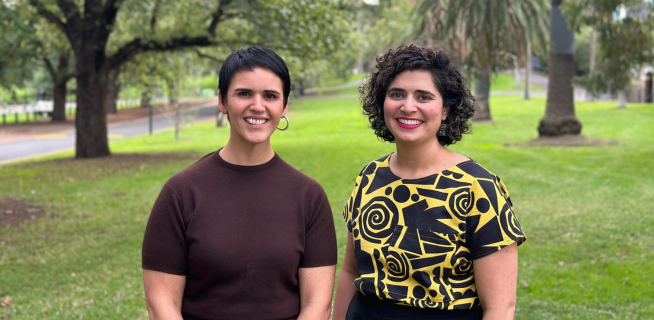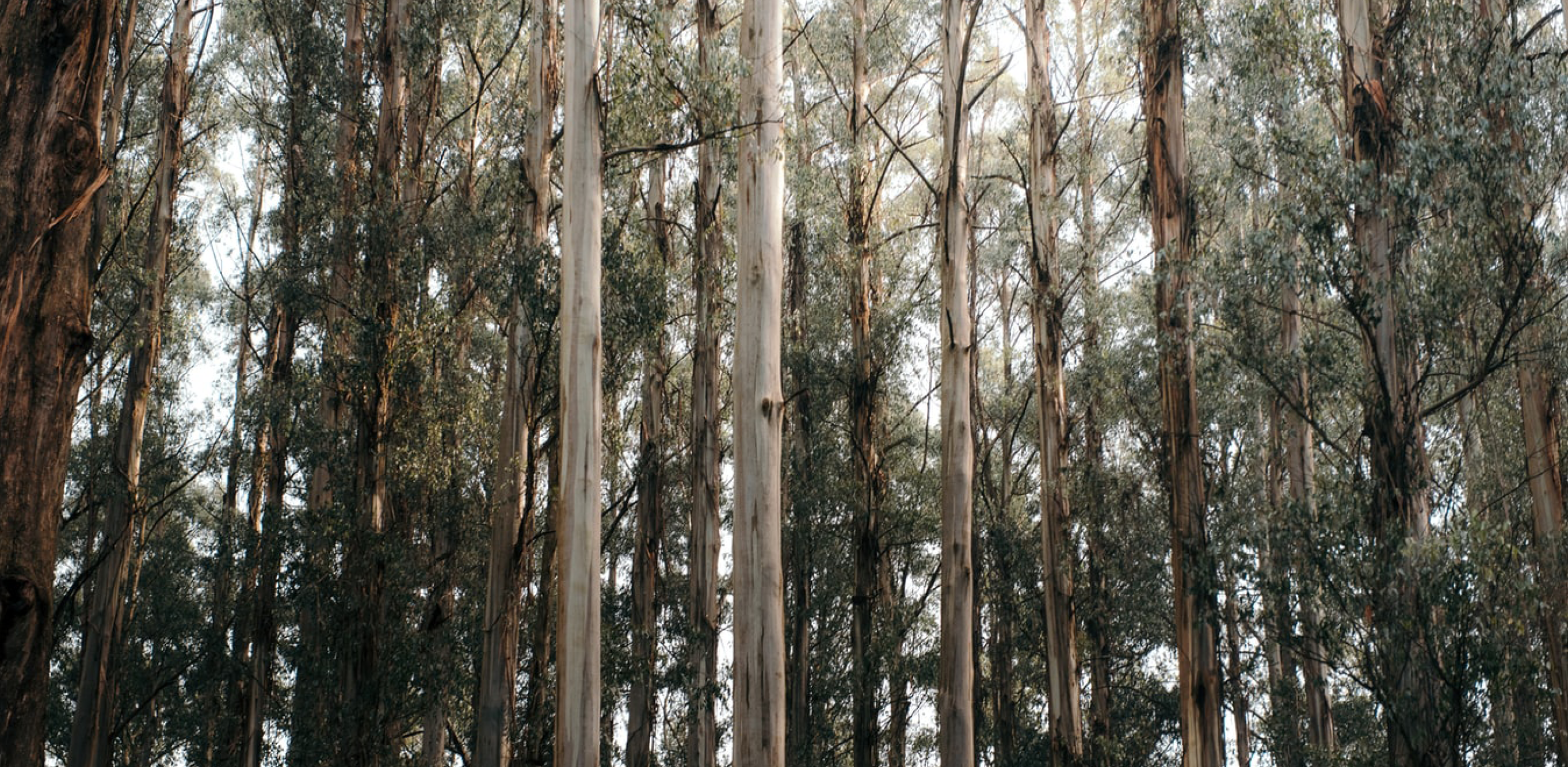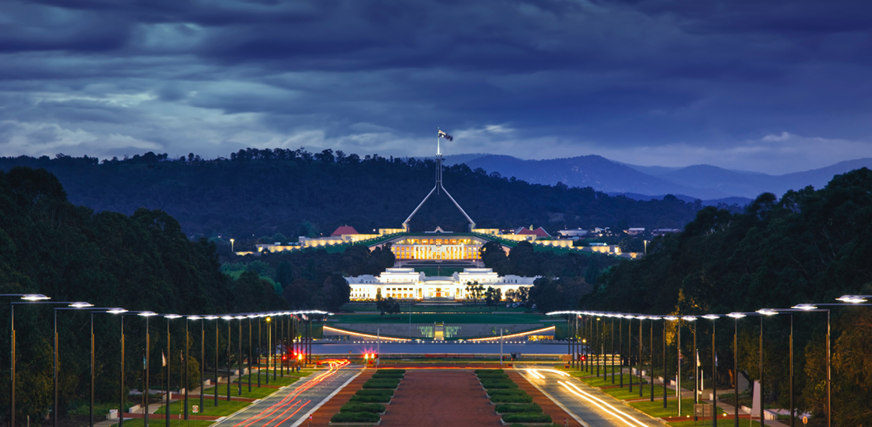New research suggests Australians are among the most concerned globally about the rise of mis- and disinformation.

Getting involved in the Impact Fund in 2024
The Impact Fund, Australian Communities Foundation’s flagship fund for collective giving is back for 2024. Here’s how you can get involved.



